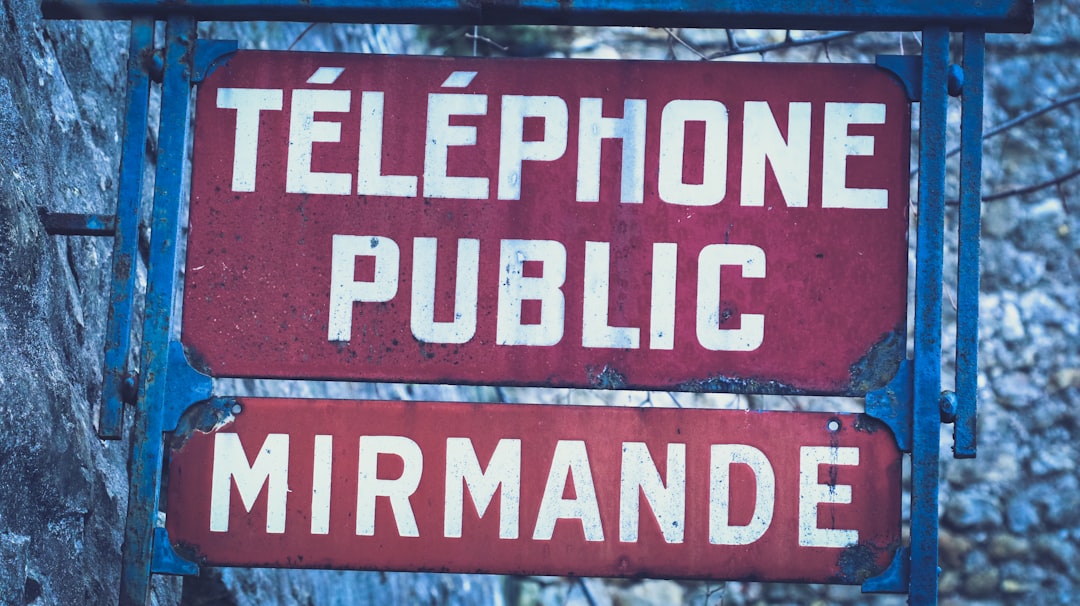In Missouri, the Telephone Consumer Protection Act (TCPA) protects residents from unwanted automated calls or robocalls. If you've received spam calls, specialized spam call law firms and lawyers can help determine if a lawsuit is valid under TCPA regulations. Consulting with an expert in TCPA Missouri may lead to compensation and an end to the disturbance, especially with a pattern of multiple unauthorized calls.
“The future of robocall legislation in Howard County is a pressing topic as automated calls continue to inundate consumers. This article explores the legal landscape surrounding robocalls, specifically focusing on Missouri’s approach and its implications for residents of Howard County. We’ll delve into ‘Can I Sue for Robocalls in Missouri?’ and guide you through navigating legal recourse, emphasizing the importance of understanding your rights. Additionally, we provide insights on choosing the right spam call law firm to ensure TCPA compliance, offering peace of mind in an era of relentless robocalls.”
Understanding Robocall Legislation in Missouri: A Comprehensive Overview

In Missouri, robocall legislation is primarily governed by the Telephone Consumer Protection Act (TCPA), a federal law designed to curb excessive or unwanted telemarketing practices. The TCPA allows individuals to sue for damages if they receive prerecorded or automated calls, often known as robocalls, without prior consent. If you’ve been troubled by spam calls in Missouri, understanding your rights under this law is crucial. You may be able to take legal action against the culprits, seeking compensation for any harassment or inconvenience caused.
Missouri residents who feel they’ve been wrongfully targeted by robocallers can turn to specialized spam call law firms and lawyers for assistance. These professionals are well-versed in navigating the complexities of TCPA litigation, helping clients determine if a lawsuit is merited and guiding them through the legal process. If you believe you have a case, especially when multiple unauthorized robocalls have been made to your Missouri number, consulting with a lawyer for TCPA Missouri could be a step towards recovering damages and putting an end to these unwanted intrusions.
Navigating Legal Recourse: Can You Sue for Robocalls in Howard County?

In Howard County or anywhere in Missouri, if you’ve been receiving unwanted robocalls, you may wonder if legal recourse is an option. The Telephone Consumer Protection Act (TCPA) offers protections against automated or prerecorded calls, including robocalls, to cellular phone numbers and certain business phone lines. If a spam call violates these rules, you could have grounds to take action.
While navigating the legal system can be challenging, Missouri’s spam call law firms specialize in TCPA cases. These experts can help determine if you’re eligible to sue for robocalls, guide you through the process, and advocate on your behalf. Don’t hesitate to consult a spam call lawyer in Missouri if these automated calls persist—you might be entitled to compensation or an end to the disturbance.
Choosing the Right Spam Call Law Firm: Your Guide to TCPA Compliance in Missouri

Choosing the right spam call law firm is an essential step in navigating Missouri’s TCPA (Telecommunications Consumer Protection Act) compliance landscape, especially if you’ve received unwanted robocalls. If you’re considering legal action, understanding your options and selecting a qualified attorney can significantly impact the outcome of your case. Look for firms specializing in telemarketing laws and having a proven track record in handling similar cases.
In Missouri, spam call law firms should offer expert guidance on whether you can sue for robocalls and the potential legal remedies available under the TCPA. They must be adept at analyzing the specific circumstances of your case, including the type of calls received, the sender’s identity, and compliance with disclosure requirements. A reputable spam call lawyer in Missouri will ensure that all necessary steps are taken to protect your rights as a consumer.






